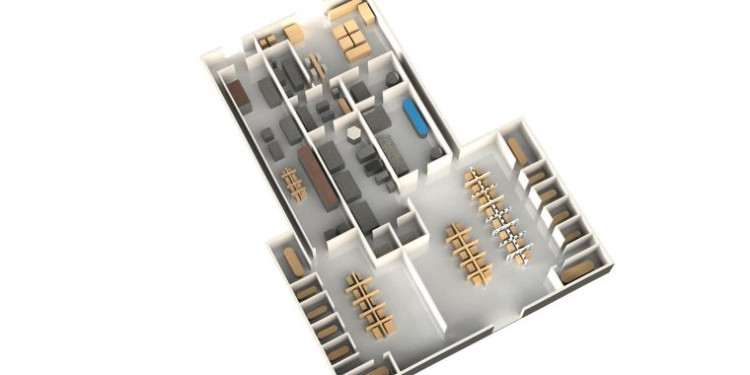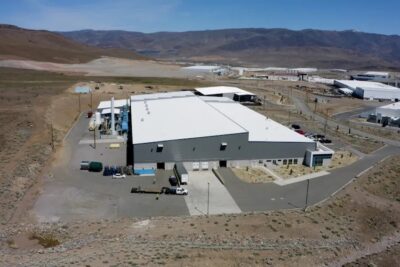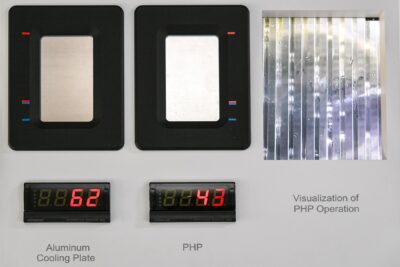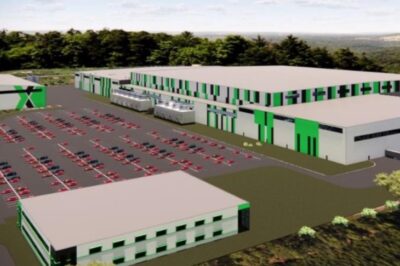Sakuu to start pilot line for solid-state batteries
Sakuu Corporation has started the construction of a pilot line for the production of solid-state batteries with an annual capacity of 2.5 MWh. In May, the company announced a 3D industrial printer to enable the rapid mass production of solid-state traction batteries.
Sakuu (formerly KeraCel Inc.) aims to complete the plant by the end of 2021. The company has not yet revealed the location of the plant. However, since Sakuu is a Californian company, it is highly likely that the plant will be built in the USA. The plant will serve both as a pilot production site and as a customer learning centre. It will be built with the cooperation of factory design and process specialists Relevant Industrial and Honeywell Process Solutions.
Sakuu Corporation relies on a 3D printer developed with the support of Japanese automotive supplier Musashi Seimitsu for the production of solid-state battery cells. The cells produced in this way are to be only half the size and a third lighter than conventional lithium-ion batteries with the same energy content. In addition, 30 to 50 per cent less material is to be used to achieve the same energy output.
According to Sakuu, the pilot line now announced is supposed to demonstrate the feasibility of the battery manufacturing process and enable the company to supply sample products to its strategic partners. Mass production of solid-state batteries is expected to follow in a second phase from 2022.
“This is an important milestone for Sakuu. The development of our solid-state battery technology is so advanced that we have decided to push ahead with the construction and operation of a pilot plant,” says Robert Bagheri, CEO and founder.
According to information from this May, the 3D printing process developed by Sakuu is, in principle, also suitable for other industrial sectors, but the company sees the greatest leverage in battery manufacturing. According to the company, various additive manufacturing processes will be combined. For example, completely different materials can be sprayed onto the powder bed in a single layer. In addition to ceramics and metals, the process also uses a carrier material developed by Sakuu called PoraLyte. This carrier material is supposed to enable the simple and fast 3D printing of components with cavities without brittle ceramic layers.
Sakuu is initially targeting its offering at two-, three- and smaller four-wheeled electric vehicles – as these require a small form factor and low weight. The company says that production can be switched to other battery types and sizes easily if needed.





0 Comments